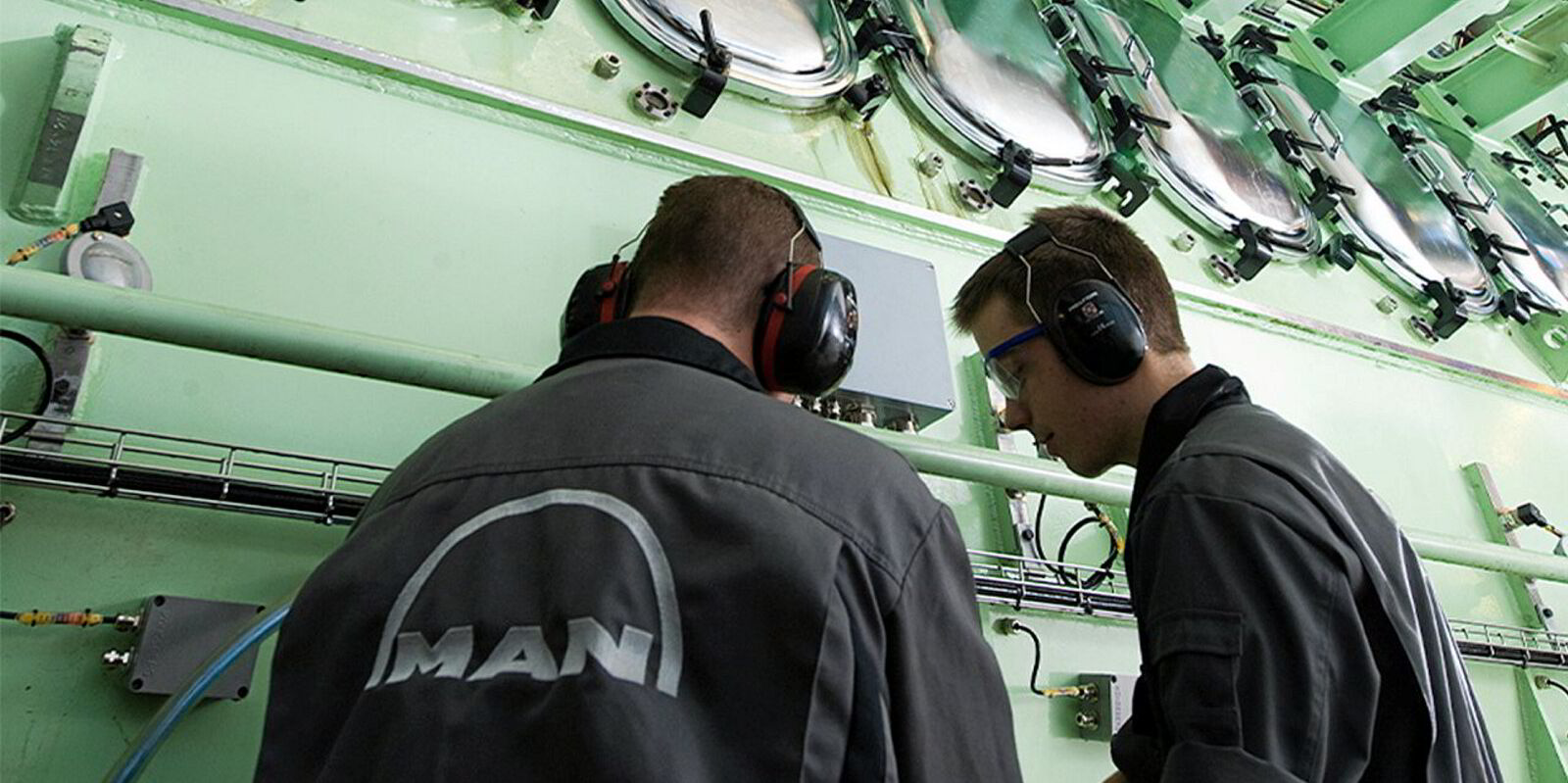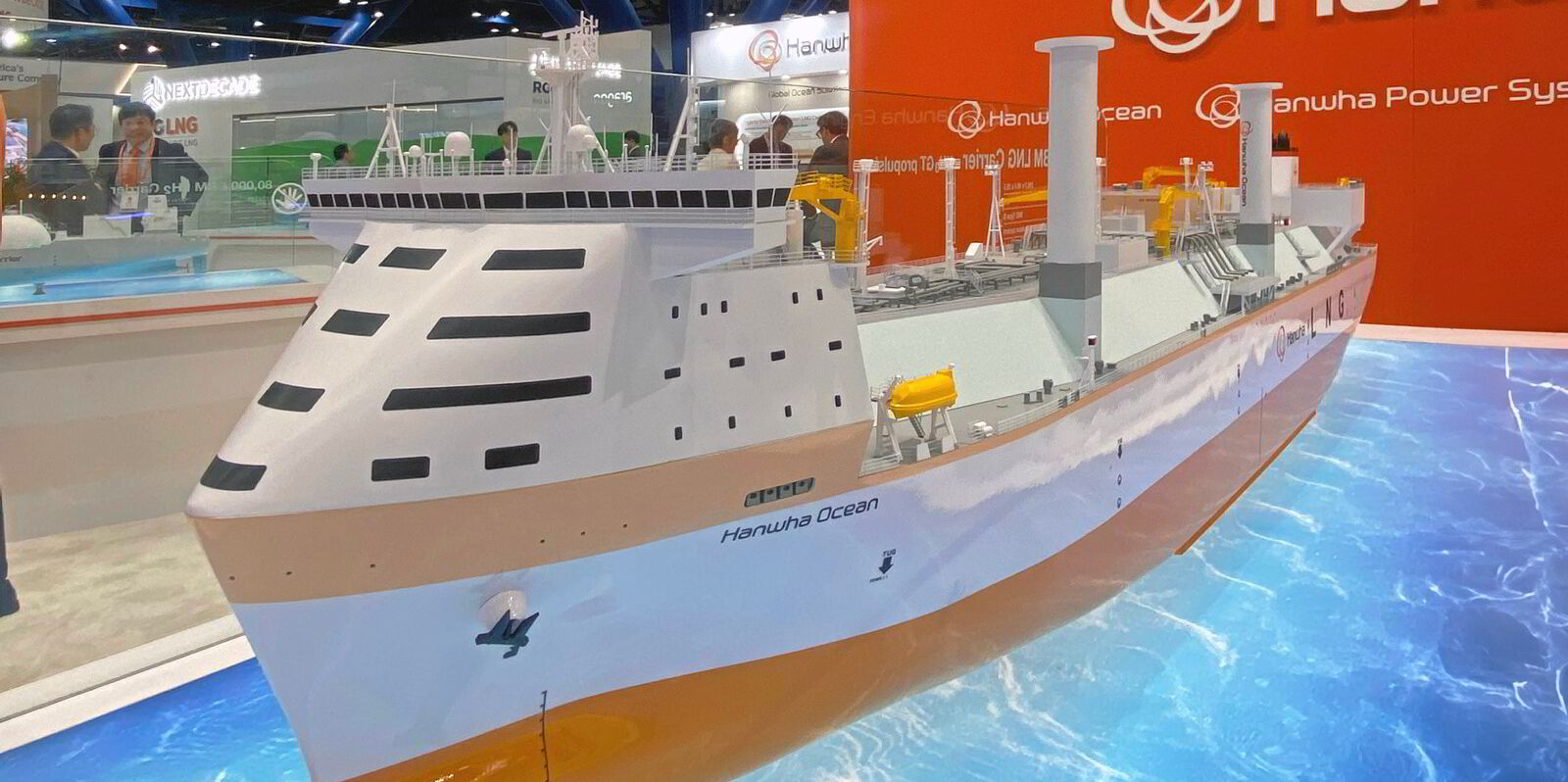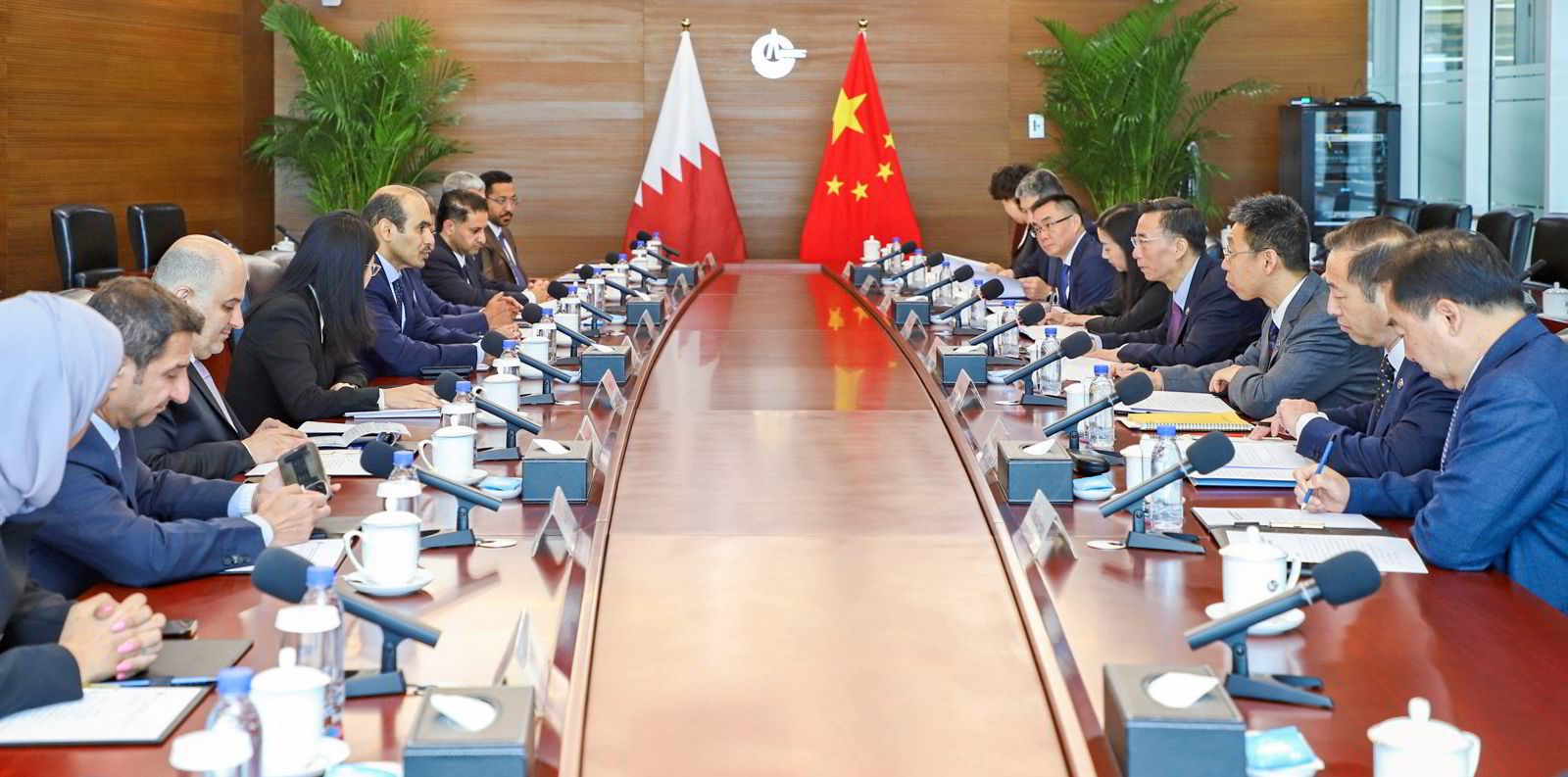More than 100 LNG carriers are being built with MAN Energy Solutions’ low-pressure, two-stroke ME-GA engine, which the designer has just announced it will cease offering.
MAN ES told TradeWinds that 268 of the gas-injection, dual-fuel ME-GA engines have been ordered, all of which are for LNG carriers, according to its last update.
It said factory acceptance tests have been completed on 150 engines, and 46 engines are in service on board LNG carriers.
Brokers have named shipowners with on-the-water ME-GA engine LNG tonnage as Knutsen LNG, JP Morgan interests, Dynagas, Capital Gas, Celsius Tankers, Pan Ocean, Maran Gas Maritime and Mitsui OSK Lines and Cosco Shipping’s joint venture.
In response to questions, MAN ES said: “The delivery schedule for engines that have already been ordered will remain unaffected.
“With respect to already contracted engines of this type, MAN ES is fully committed to honour its contractual obligations and to provide reliably operating engines.
“Together with the licensee, who has sold the engine to the shipowners, we will be working on updates to resolve any potential technical issues.”
A letter sent out by MAN ES on 17 October, which has been circulating widely in the industry, said the company is constantly reviewing its product portfolio.
As a result of this, it said, significant updates and investments would be required for its G70ME-C10.5-GA or ME-GA and the company has decided to no longer offer the engine as of 18 October 2024.
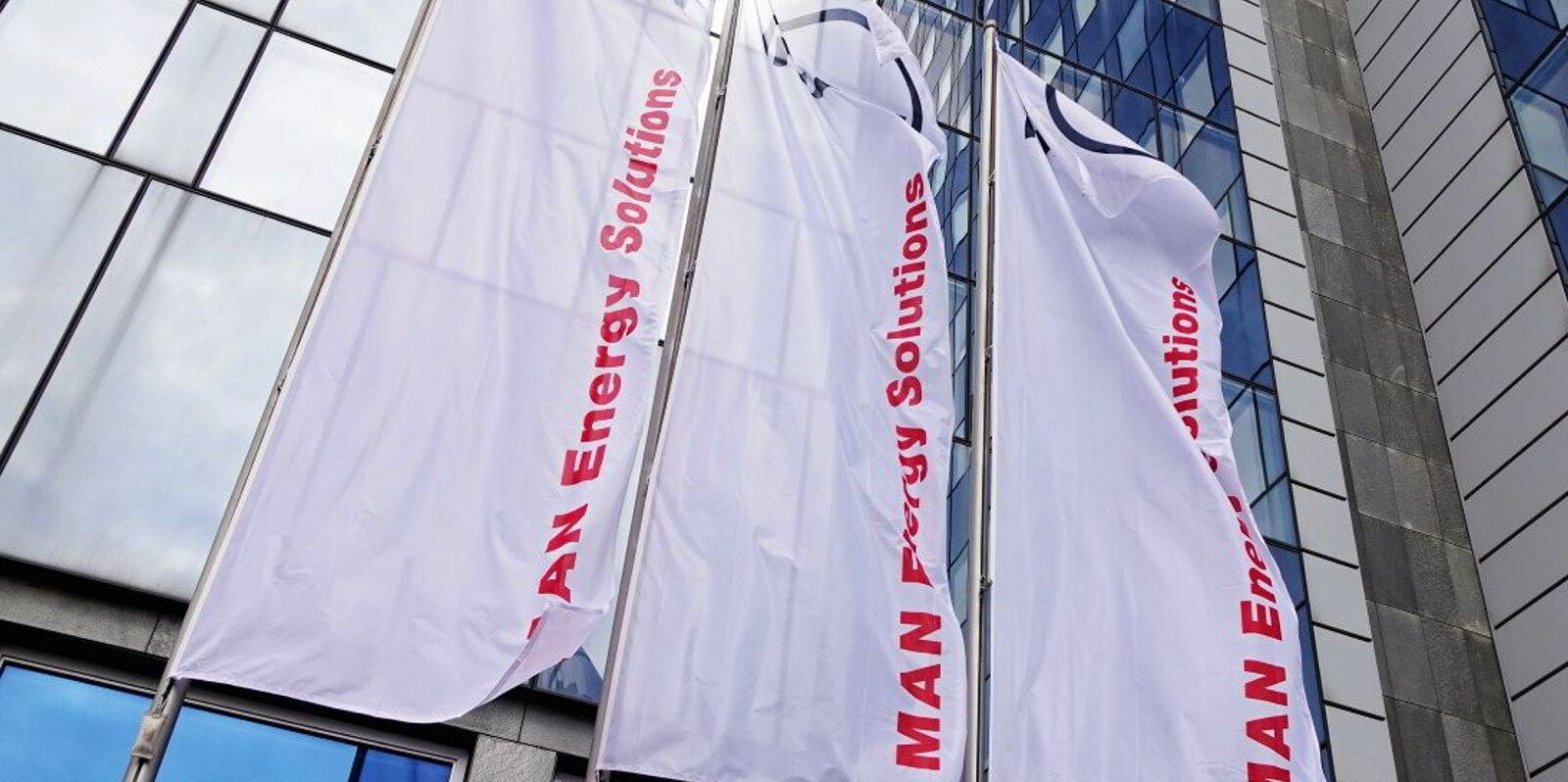
MAN ES told TradeWinds it is “standard practice” to review its product portfolio regularly, and it is “not uncommon for engines to be removed from the programme in order to align with our ongoing development strategies”.
“… The maintenance of operating vessels and support for already deployed engines will remain unaffected by the review process,” it added.
“There will be no interruptions to existing service commitments. We would reach out in due course if our technical reviews were to have an impact on the performance values of these engines.”
MAN ES reiterated details in its letter that changes in International Maritime Organization regulations, effective from 2027, will mandate new environmental standards.
The company said that removing the ME-GA offering will “enable us to focus our dedicated resources on addressing demands around the reliability of the existing engines”.
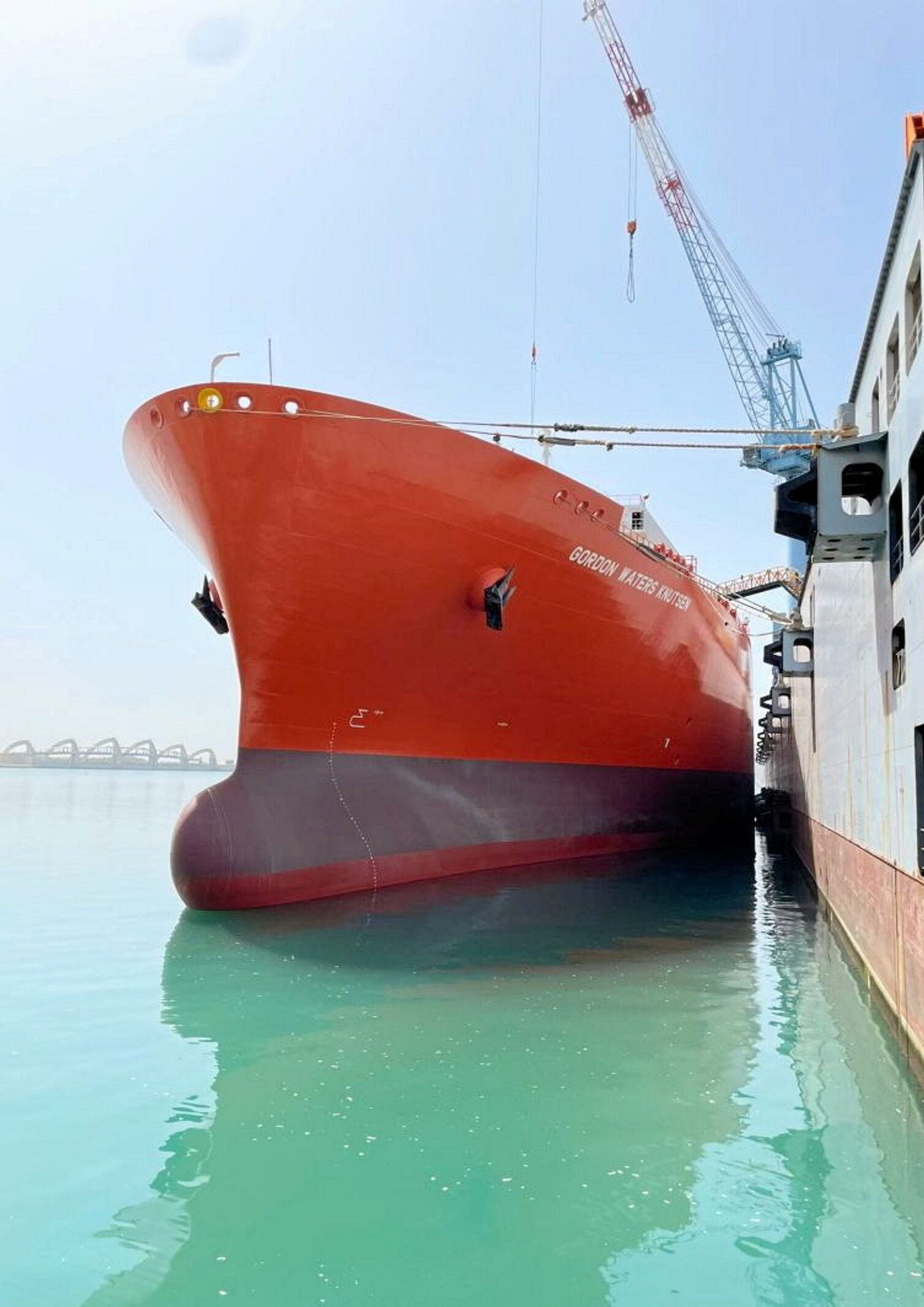
MAN ES sidestepped the question of what it is doing to address the problems that owners and operators of trading LNG carriers have experienced with the engines.
Instead, it repeated an earlier answer and said: “Shipowners or shipyards can expect their engines to be delivered as per the existing agreements. The general support for the ME-GA engine will be equivalent to that of engines still in the programme.”
Industry observers were asking questions in online forums this week.
They said the methane slip of the engine has been an issue and spoke about difficulties experienced with running the in-service engines on gas for long periods.
One person at an industry gathering spoke of owners being “disappointed” and asking about the real reasons behind the decision to cull the product.
TradeWinds has received reports of liner and piston damage, blocked filters and sludge build-up issues with the exhaust gas recirculation system. Several people have spoken of an unnamed ME-GA-fitted LNG carrier that suffered an engine breakdown, leaving it stranded off the coast of West Africa until this could be fixed.
Concerns have also been raised over MAN ES’ speed of development of its Otto-cycle ME-GA engine when its specialism lay in diesel engines.
The designer is said to have been keen to be able to offer a low-pressure alternative to the two-stroke X-DF being sold by its main competitor, WinGD.
Observers said WinGD has been able to lower the methane slip on the next versions of its X-DF product, while that of the ME-GA remains high in comparison.
Several industry players have highlighted that Middle East producer QatarEnergy swung to WinGD’s low-pressure X-DF 2.2 engine for the 68-ship Phase 2 of its huge shipbuilding programme, after ordering ME-GA newbuildings in Phase 1.
One engineer cited this as an indication of the move away from ME-GA by shipowners due to issues with the product, as well as its emissions profile.
But he also mentioned a perceived “lack of interest by MAN to resolve and improve the ME-GA”, suggesting the company had “moved on to ammonia and methanol”.

